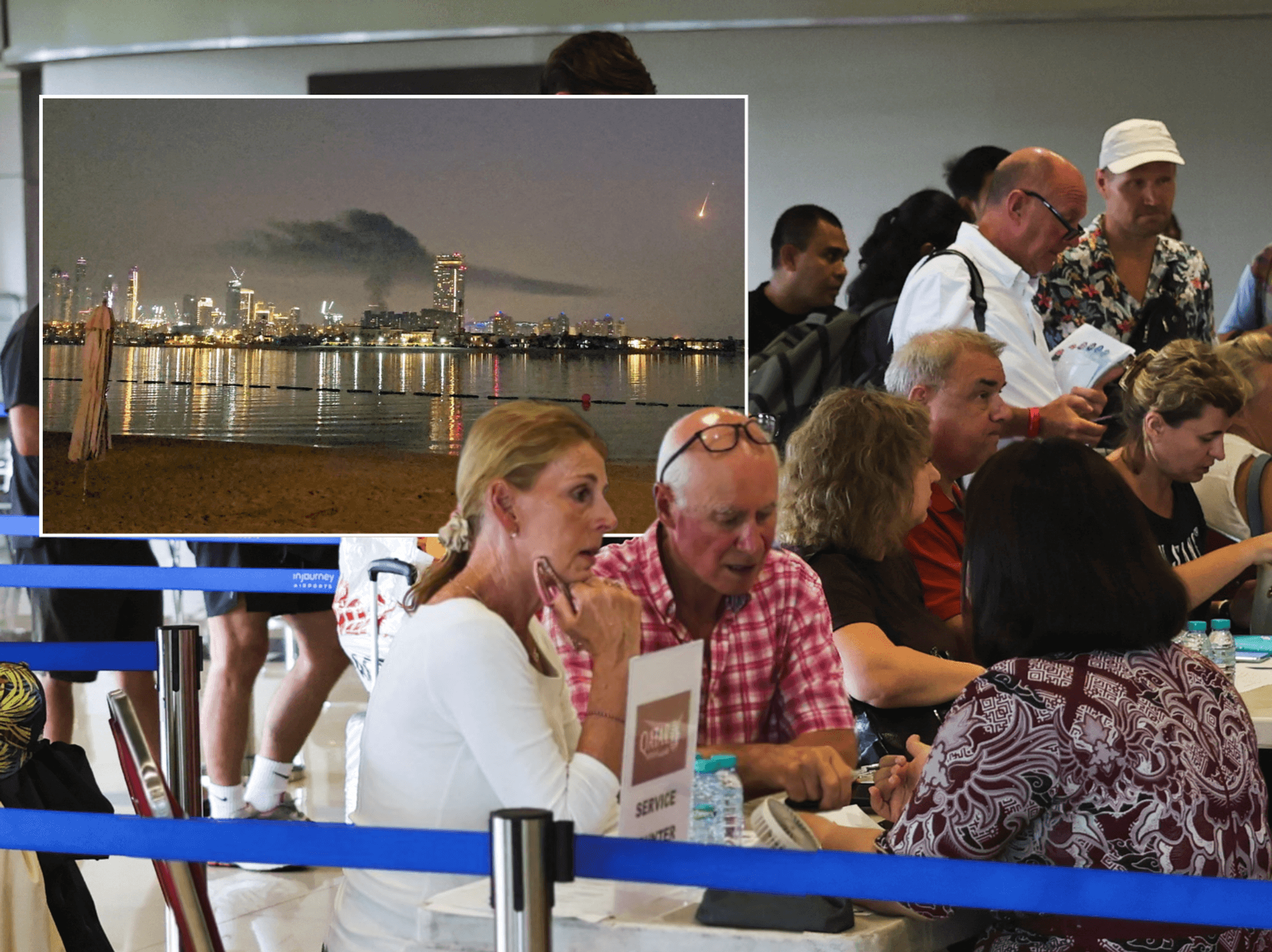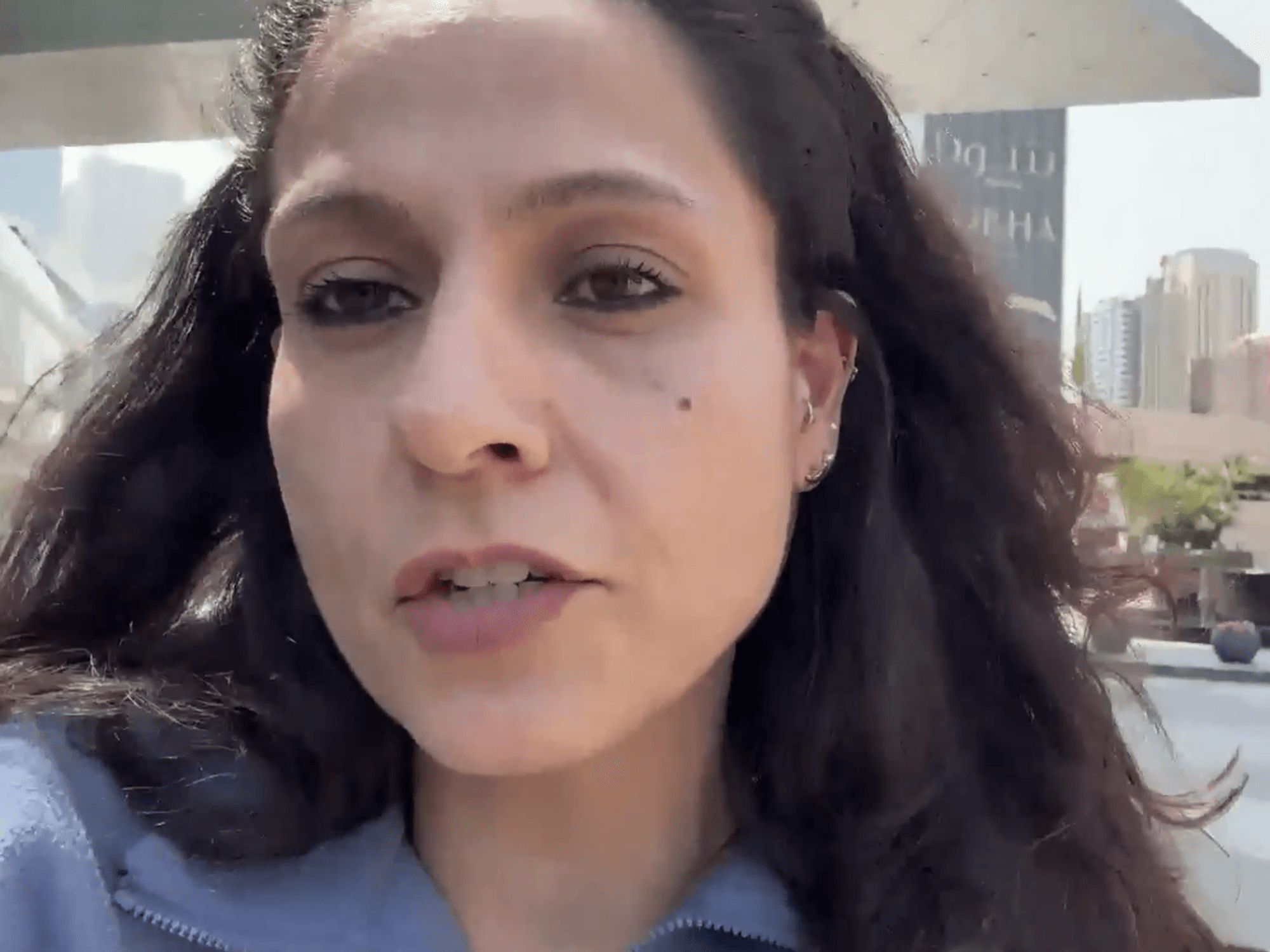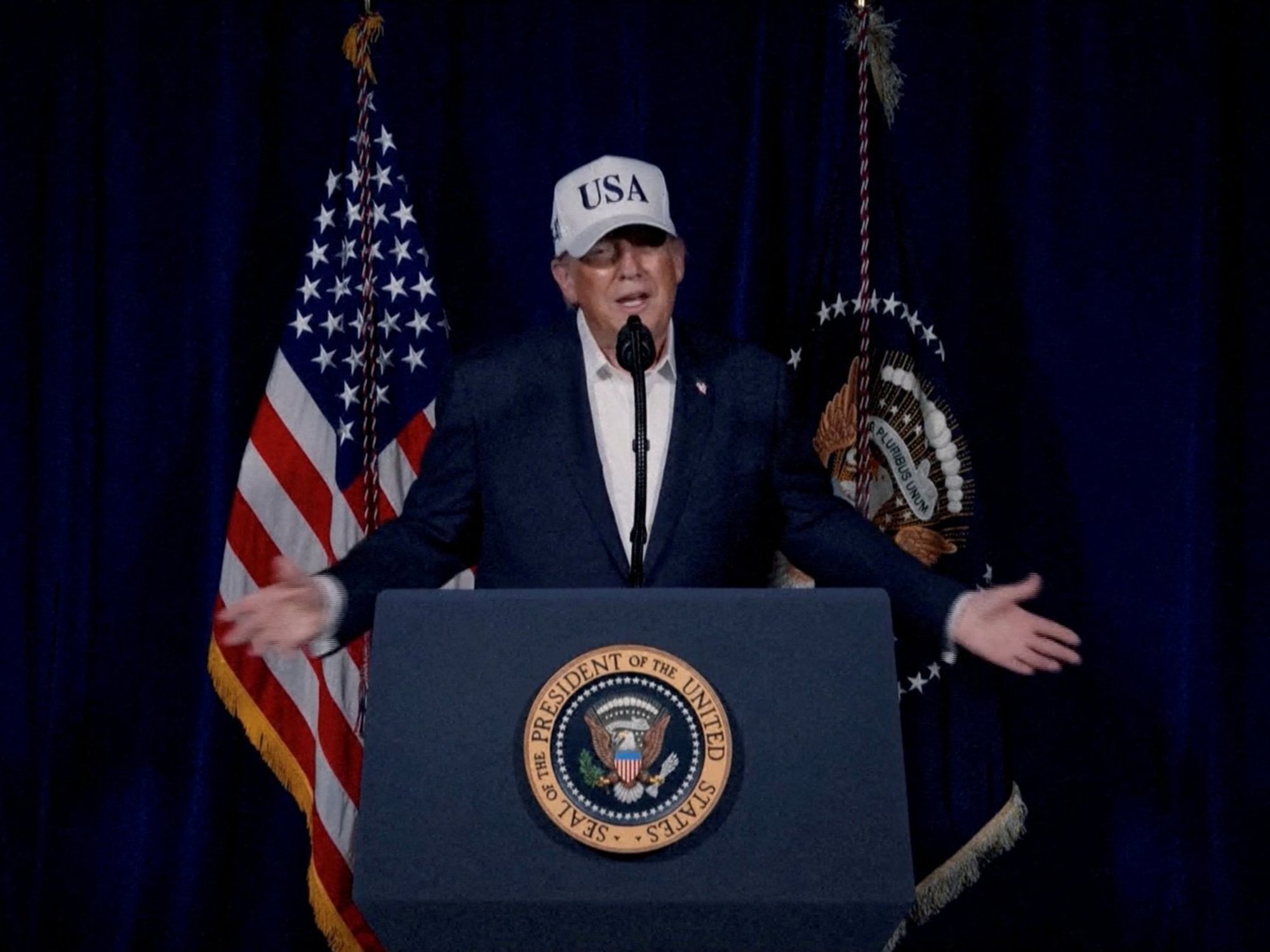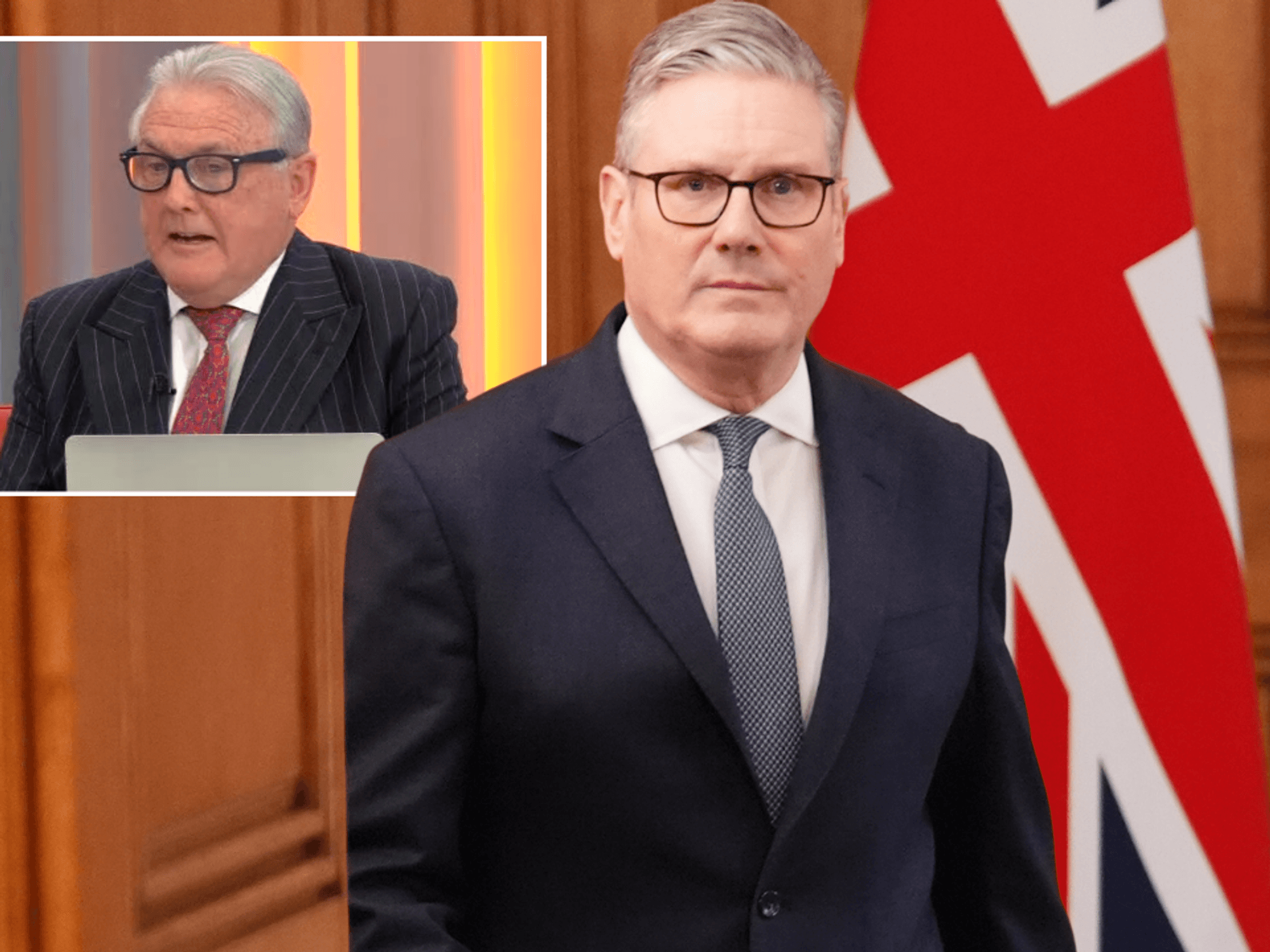Rail union sparks fury after demanding 38 days' holiday just WEEKS after Reeves agreed to train driver pay rise
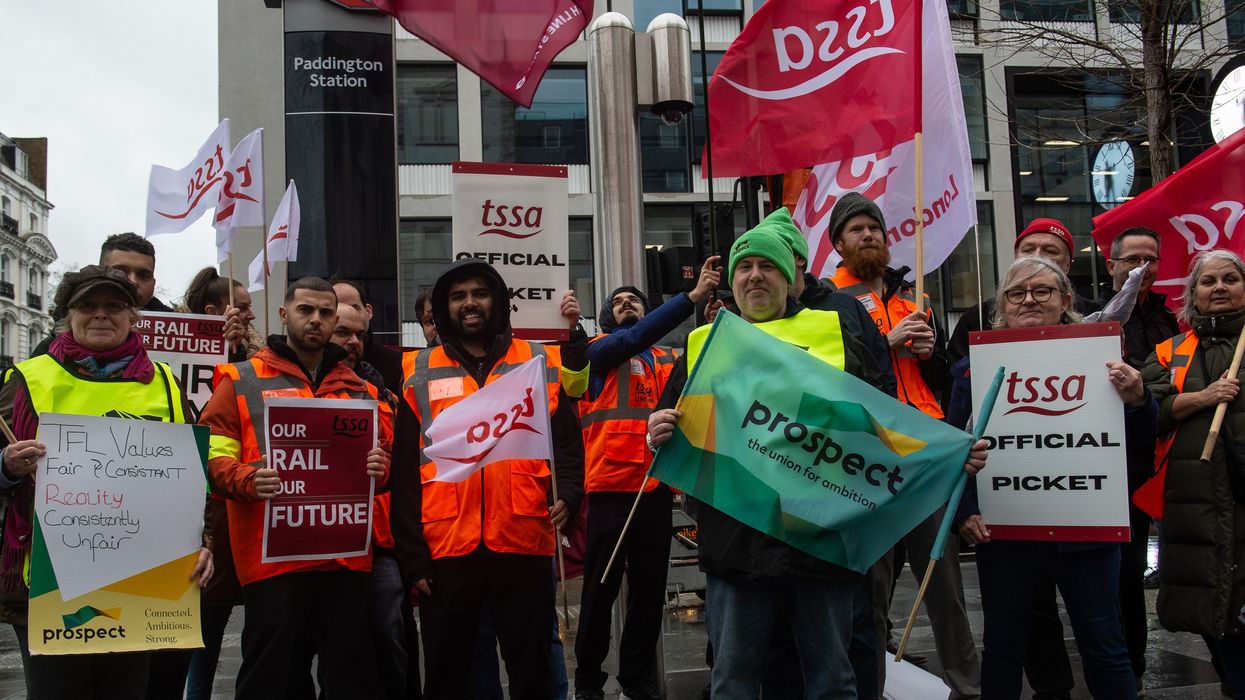
TSSA staff striking in 2023
|Getty

Transport Salaried Staffs’ Association (TSSA) are also asking for a 35-hour working week
Don't Miss
Most Read
A rail union has sparked fury after it demanded 38 days off per year for its members, just weeks after Chancellor Rachel Reeves agreed to a train driver pay raise.
Transport Salaried Staffs’ Association (TSSA) sent a letter to its members announcing that they had asked Great Western Railway (GWR) for an increase in holiday allowance, as well as decreasing the working week to 35 hours.
It is one of three trade unions that met officials from the Department for Transport (DfT) for discussions about pay rises after the recently-elected Labour Government brokered a deal to fork out an above-inflation pay increase of 15 per cent.
The letter, as seen by The Telegraph, states: “I have ensured that the team that is likely to meet with DfT are briefed and aware of your aspirations in advance of any such meeting between TSSA and the DfT.”
 TSSA staff striking in 2023 | Getty
TSSA staff striking in 2023 | GettyRepresenting train service controllers, ticket officers and gate line personnel, TSSA said that the holiday demands were put forward separate from the pay negotiations that were agreed upon on Tuesday.
“We listened to what the DfT had to say and they have made us an offer,” a spokesman said.
TSSA was joined by the National Union of Rail, Maritime and Transport Workers (RMT) and Unite unions to speak with the Government department, which they described as “productive”.
Last week, train drivers were offered a 14 per cent pay rise over three years in an attempt to bring strikes which have been rocking the country for over two years to an end.
LATEST DEVELOPMENTS:
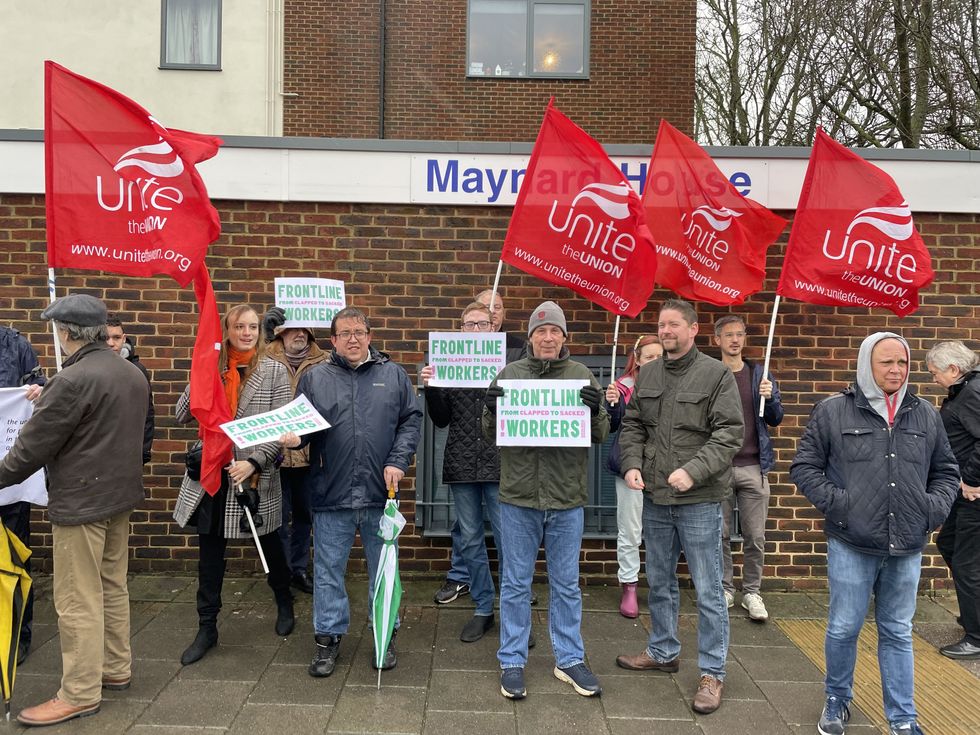
Members of the Unite union protesting in 2023
|PA
The offer, which is applicable to 19,000 train drivers across the nation, is backdated to cover the last three years.
LNER drivers on just a four-day week are set to see their salaries rise by around £10,000 to reach £81,278.
Announcing the deal last week, Transport Secretary Louise Haigh said: “When I took this job, I said I wanted to move fast and fix things – starting by bringing an end to rail strikes.”
Yet despite accepting a deal to increase wages which will be backdated 5 per cent pay rise for 2019 to 2022, 4.75 per cent for 2022 to 2024 and a further 4.5 per cent for 2024 to 2025, train drivers announced they would be striking for 22 days in the coming months.
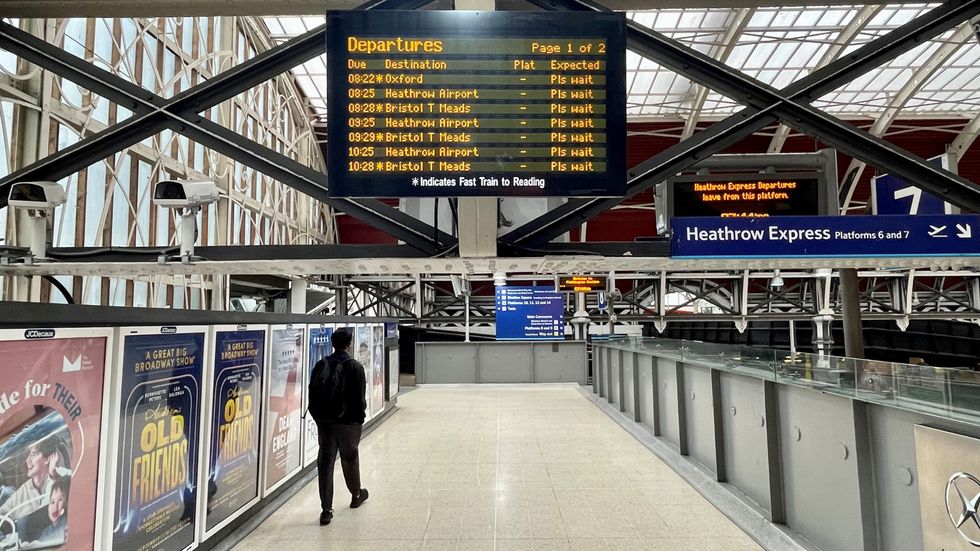
Last week, train drivers were offered a 14 per cent pay rise over three years in an attempt to bring strikes which have been rocking the country for over two years to an end
| PADisruption is expected on the East Coast main line every Saturday and Sunday from September 1 to November 10.
A DfT spokesman said on Tuesday: “Fixing our railways is at the heart of our plan to kick-start economic growth and ending the adversarial approach to industrial relations is the first step to delivering that.
“Today, officials resumed talks and held constructive discussions with RMT, Unite and TSSA to reset the relationship with unions for the benefit of passengers and the taxpayer. Further conversations will be held in the coming weeks.”





